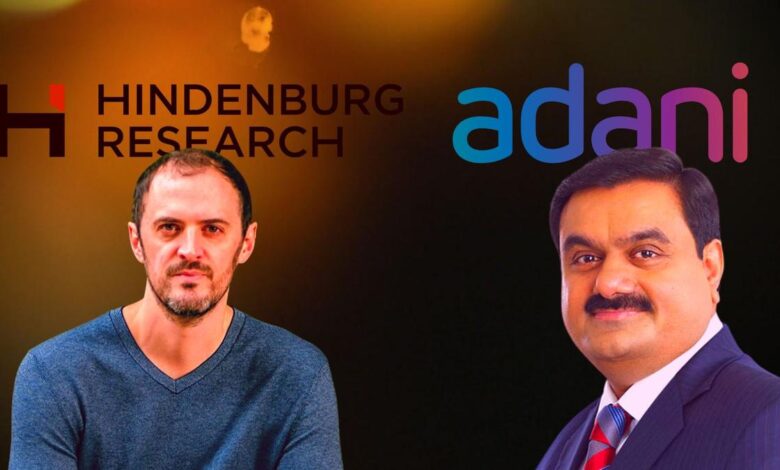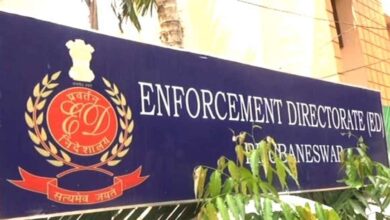
In a major win for the Adani Group, the Supreme Court ruled on Wednesday that the report by the OCCRP – an organisation backed by billionaire George Soros and others – cannot be used to cast doubt on the stock markets regulator SEBI’s inquiry into the Hindenburg issue.
In its decision, a Supreme Court bench comprised of Chief Justice of India DY Chandrachud, justices JB Pardiwala and Manoj Misra stated that there were no reasons to refer the matter to a special investigation team (SIT).
The Securities and Exchange Board of India (SEBI) has reviewed 22 of the 24 instances relating to the claims made by the US-based short seller Hindenburg Research. The Supreme Court allowed the SEBI three months to finish its inquiry into the other two cases.
The Supreme Court also directed the government and SEBI to investigate whether Hindenburg violated any regulations in shorting the market and to take appropriate measures.
“The reliance on the OCCRP report is rejected and the reliance on a third-party organisation report without any verification cannot be used as proof. There are no grounds to transfer the probe in this case from SEBI,” Chief Justice Chandrachud said in his decision, referring to the Organised Crime and Corruption Reporting Project (OCCRP).
Hindenburg and OCCRP claims cannot be regarded as gospel
The decision echoed what the Supreme Court informed lawyer Prashant Bhushan on November 24, that the Hindenburg claims and the OCCRP report against the Adani Group cannot be regarded as gospel.
“Reliance on newspaper reports and third-party organisations to question the statutory regulator (SEBI) does not inspire confidence. They can be treated as inputs. but not conclusive evidence to doubt SEBI’s probe,” the Supreme Court stated Thursday.
“Before concluding, public interest jurisprudence was developed to provide access to ordinary citizens… petitions that lack adequate research and rely on unsubstantiated reports cannot be accepted,” the Supreme Court concluded.
Lawyers Vishal Tiwari and ML Sharma, Congress politician Jaya Thakur, and activist Anamika Jaiswal submitted the petitions. The petitions alleged that the Adani Group overstated its share prices and that the shares of several group corporations plummeted following a January 24 report by short-seller Hindenburg Research.
The study was dubbed a “malicious combination of selective misinformation and concealed facts relating to baseless and discredited allegations to drive an ulterior motive” by the Adani Group.
In explaining why it declined the request to transfer the inquiry to a SIT, the Supreme Court stated that such a power should be utilised only in extreme circumstances, and such a power cannot be employed without a compelling, logical explanation.
The Supreme Court stated that a significant takeaway from the Hindenburg controversy is to fill loopholes for the benefit of Indian investors, and urged the Centre and the SEBI to adopt the committee’s recommendations to empower investors.
In the last session, Solicitor General Tushar Mehta, who represented SEBI, stated that the agency had concluded its investigation into 22 of the 24 cases of suspected transactions, and that information from foreign authorities was awaiting for the remaining two.
A second committee constituted by the Supreme Court to investigate India’s regulatory structure to protect investors similarly gave the Adani Group a clean chit in its report released in May last year.
It had stated that there had been no regulatory failure on the side of SEBI, and that the Adani Group had not engaged in price manipulation. The committee stated that the company has taken the required efforts to reassure retail investors following the release of the Hindenburg report.
The Adani group had branded the Hindenburg report a “selective and manipulative presentation of matters already in the public domain to create a false narrative” in its reaction.
“This is not merely an unwarranted attack on any specific company but a calculated attack on India, the independence, integrity and quality of Indian institutions, and the growth story and ambition of India,” the group said in a statement.
You might also be interested in – No special status for J&K, Modi praises the Supreme Court’s decision on Article 370



